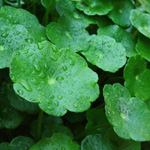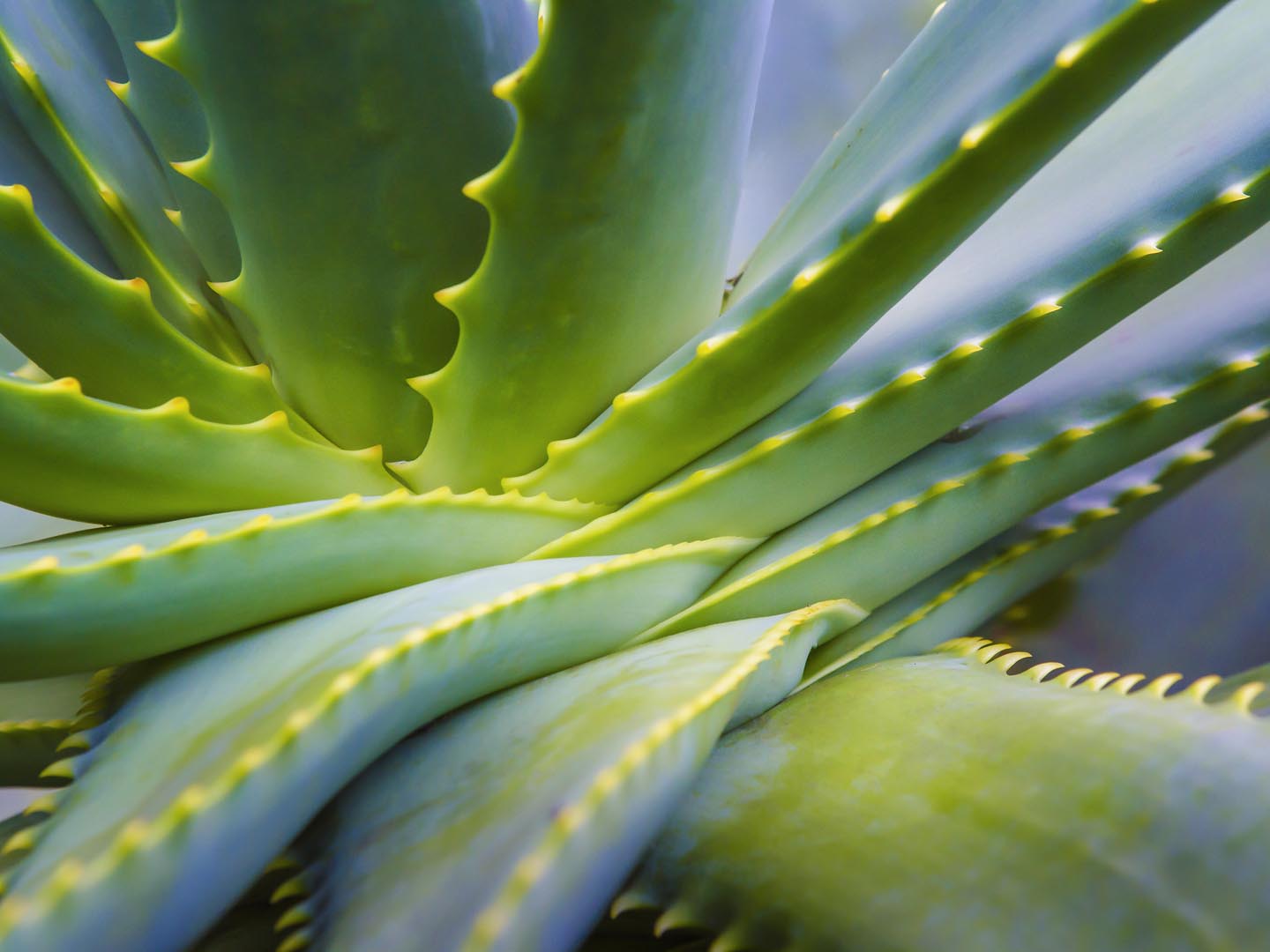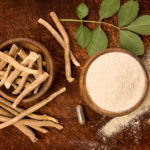Go to Gotu Kola?
Gotu kola is wonderful for joints, scar tissue, varicose veins, depression, anxiety, insomnia, energy, skin, hair, nails and well being. Is there a danger of liver damage that needs to be considered?
Andrew Weil, M.D. | February 17, 2012

Gotu kola (Centella asiatica) is a creeping perennial plant native to parts of Asia and Africa with a long history of traditional use for skin problems ranging from wound healing to leprosy. The active ingredients are called triterpenoids, compounds believed to promote production of collagen, a protein that is the chief component of skin. While some laboratory and animal studies suggest that gotu kola promotes wound healing, no human studies have verified claims that it successfully treats skin disorders in general.
A few small studies suggest that gotu kola may help reduce the symptoms of venous insufficiency, the weakening of the valves in the veins in the legs that causes blood to pool and fluid to leak into surrounding tissues. (This kind of swelling is also associated with varicose veins.) Some small clinical trials suggest that extracts of gotu kola (the "total triterpenic fraction" of Centella asiatica) taken by mouth are more effective than placebo in reducing swelling due to chronic venous insufficiency and varicose veins, but more studies are needed before we can say for sure that this is an effective treatment.
I’m most familiar with gotu kola’s reputation as a brain stimulant and memory booster. And, while unconfirmed by clinical trials, some evidence suggests that gotu kola might be useful for treatment of anxiety. (A study in healthy people found that a high dose of gotu kola reduced the acoustic startle response – an indicator of anxiety. Results were published in the December 2000 issue of the Journal of Clinical Psychopharmacology.)
I discussed your concerns about liver toxicity with Tieraona Low Dog, M.D., an internationally recognized expert in the fields of integrative medicine, dietary supplements and women’s health, and an authority on botanical medicine. She told me that a couple of cases of liver toxicity associated with gotu kola have been reported in the medical literature. However, she says that studies in animals and humans (up to 12 months) failed to show any adverse effects upon the liver. Dr. Low Dog suggests that if you choose to use gotu kola, you should take care to purchase supplements from a reputable company and to discuss its use with an integrative healthcare provider.
My feeling is that there is too little research for me to recommend gotu kola with any confidence.
Andrew Weil, M.D.









